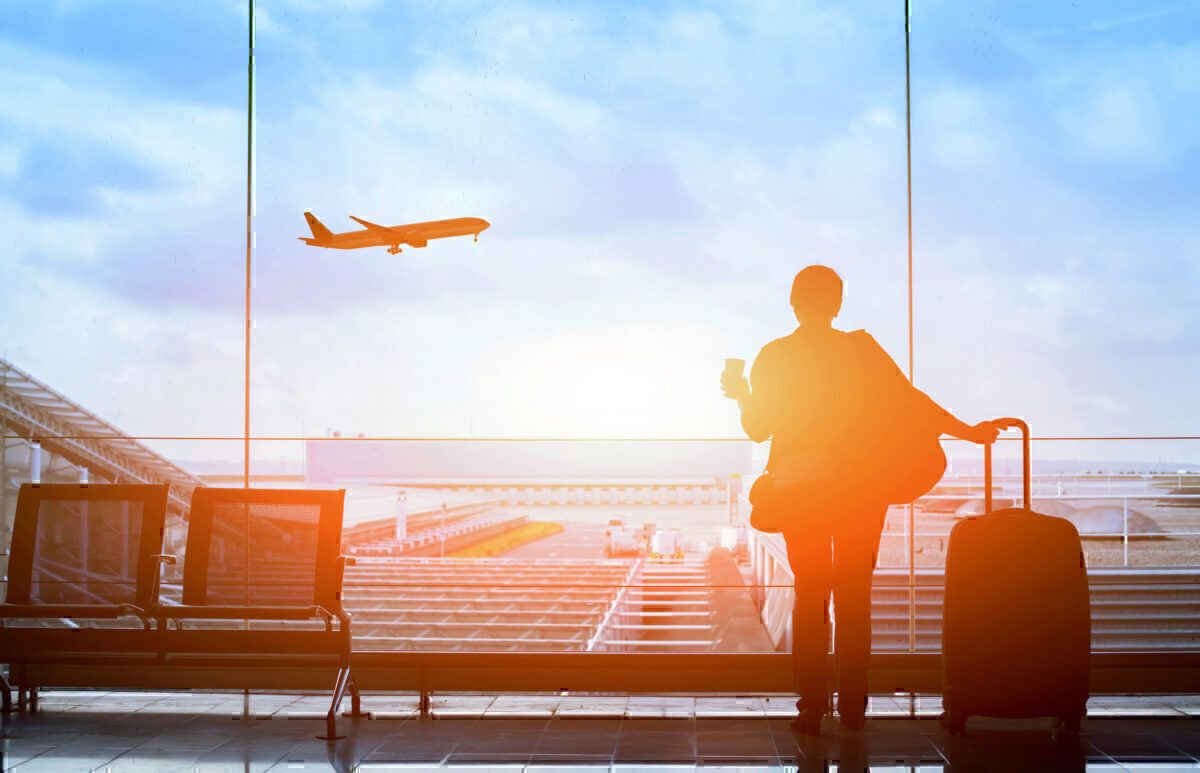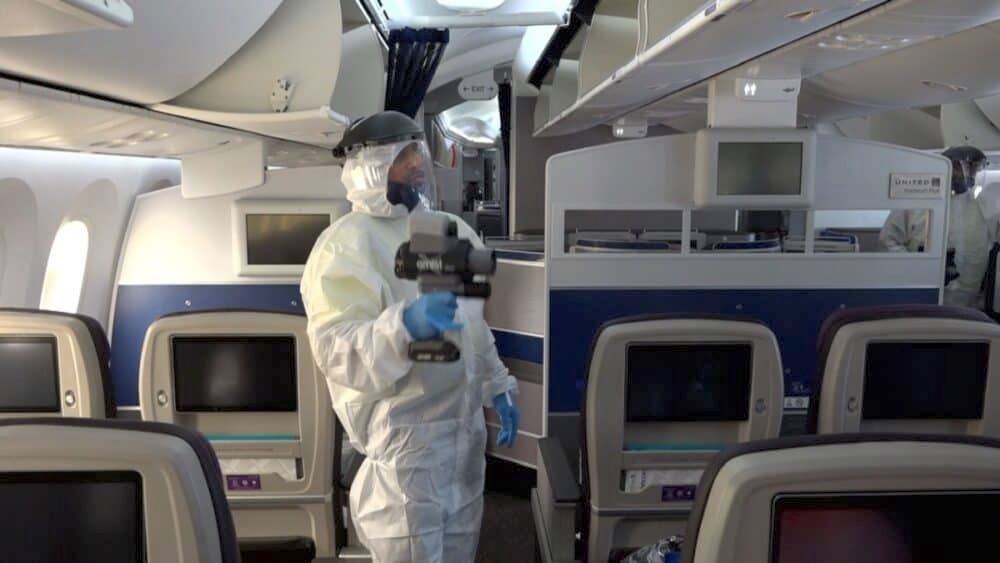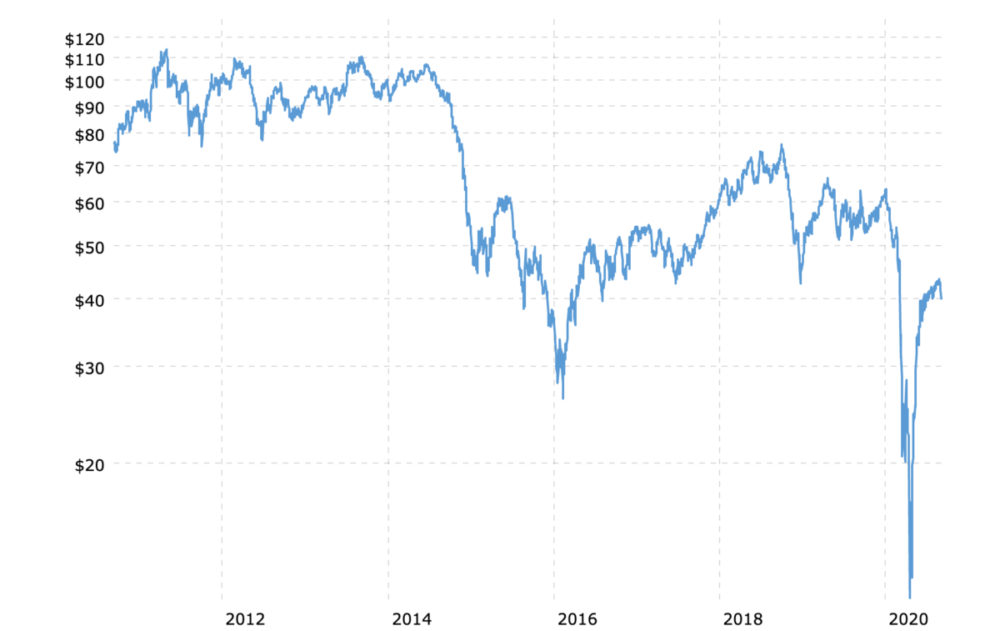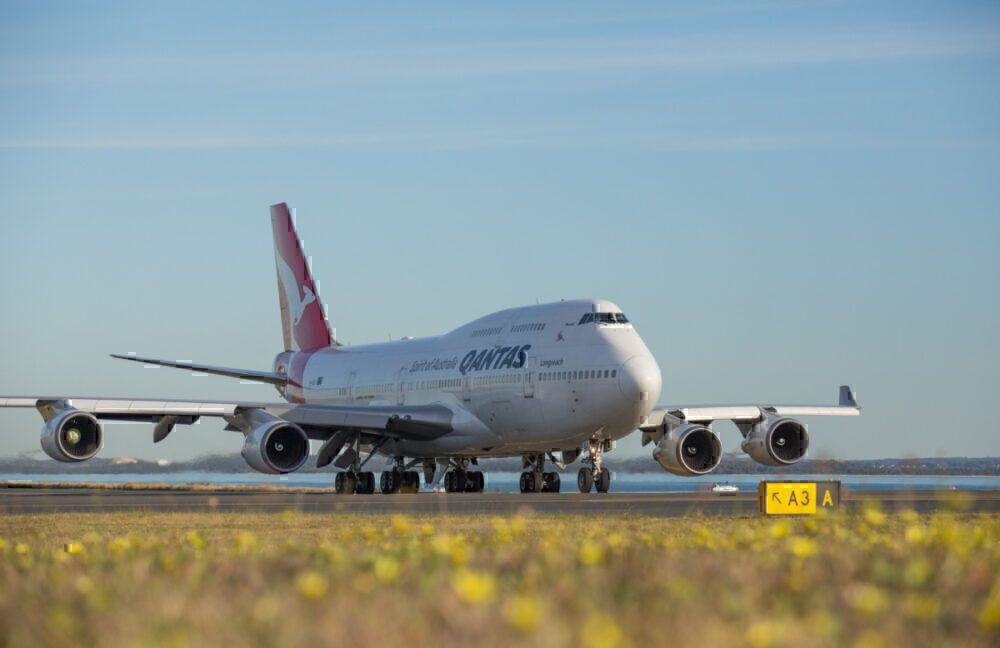One of the biggest questions frequent fliers are asking themselves right now is how COVID will affect future air travel. Just as the events of September 11th have shaped the security experience at the airport, so COVID will likely leave some lasting effects on aviation.
Most of those seem to be positive. Cleaner planes are a good thing, as is a heightened sense of hygiene among our fellow travelers. Although it's unlikely to stay long term, the blocked middle seat is fast becoming a passenger favorite.
But what about the changes that will be less welcome? Wearing a mask for long periods is not super comfortable; will mask quality improve to meet our comfort standards, or will airlines eventually scrap the requirement?
Worse than that, will aviation come out of COVID so burdened with debt and with ground to make up that flying will go back to being the preserve of only the wealthiest people? Only time will tell how COVID will affect air fares, but we can make some educated predictions.
Stay informed: Sign up for our daily aviation news digest.
The case for air fares rising
Airlines all over the world have been getting a helping hand to survive the crisis. IATA calculated the financial assistance received worldwide at a value of $123 billion in May. Chances are that figure has since risen a fair bit.
But IATA was quick to point out that over half of this amount is in the form of loans; loans which need to be paid back. In total, $67 billion of this late-May figure was money that needed to be returned, including $23 billion of commercial loans. Overall, taking into account the projected $84 billion of losses and the pre-existing debt of the industry, IATA estimated aviation would finish 2020 with $550 billion of debt.
Servicing those levels of debt is a costly exercise for any airline. This is doubly compounded by the inability to turn a profit as readily as before.
COVID control measures, such as empty middle seats, slower turnarounds and enhanced cleaning procedures add cost and remove revenue opportunities. On top of this, demand for travel is expected to take many years to recover, further restricting the profit-making opportunity. International business travel is expected to take the longest to come back; that's where airlines make most of their money.
Taking all this into consideration, it would be feasible to assume that air fares will rise. Airlines will need to make more money from each person that flies with them to sustain their operations. IATA chief executive, Alexandre de Juniac, summed it up, saying,
“Fixed costs will have to be spread over fewer travelers … Airlines will need to repay massively increased debts arising from the financial relief. After surviving the crisis, recovering to financial health will be the next challenge for many airlines.”
The case for air fares going down
With something as disruptive as COVID, returning to a state of equilibrium might seem pretty far-fetched. However, looking at the bigger picture can present a somewhat more positive take on the future.
The massive shutdown of industries worldwide has left oil firms with a glut of fossil fuels. This has seen prices bottom out. In late April, they were practically giving West Texas Intermediate away at just over $11 a barrel. While it's now recovered to somewhere around $40 a barrel, that's still the lowest it's been for more than a decade. Cheaper oil means cheaper aviation fuel, so flights will cost less to operate.
All over the world, airlines are shrinking. 'Right sizing' of fleets is seeing older, less efficient aircraft taking early retirement, leaving carriers with leaner, cheaper-to-operate fleets. Personnel are being 'right sized' as well. For some airlines, this has almost been the reset they need, having been burdened with bloated workforces since the rise in automation, but unable to deal with redundancies. These are all fixed costs that are being shrunk or removed.
Taking all this into account, operating an airline could well end up being a much cheaper business than it has in the past. It makes a case for air fares potentially being even cheaper in a post-COVID future.
My prediction – no change
Airline fare pricing is a complicated business. It involves all sorts of obscure algorithms and influencing factors. Taking everything into consideration, my crystal ball, Mystic Meg prediction is that, eventually, we'll get right back to where we started.
There will be some volatility for a time, for sure. In the next few months, there are likely to be sales at ridiculously low prices, as airlines work to encourage passengers back on the plane. In the mid-term, prices will ultimately skyrocket, as airlines capitalize on the pent up demand for travel, shrouding profit-making air fares in cloaks of COVID recovery prices.
Ultimately, however, I believe it will all balance out. Debts will be serviced by the lower cost of operations, and the need to fill the planes will prevent overpricing. Even if some consolidation takes place, and it will, there will still be enough competition in the marketplace to keep air fares at a reasonable level.
What do you think? Do you agree with my prediction? Let us know in the comments.




